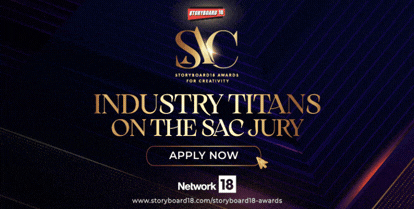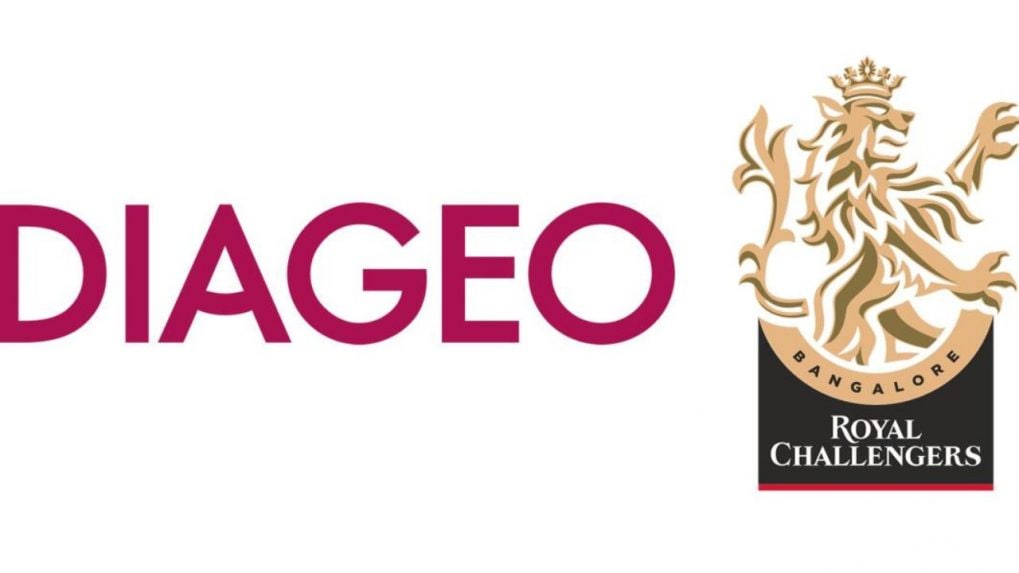'Diageo is underleveraging RCB': Suhel Seth on Royal Challengers Bengaluru's IPL win and owner's branding blind-spot
Despite having one of the most emotionally resonant fan bases in the IPL, Royal Challengers Bengaluru remains an underleveraged brand. Why?
ADVERTISEMENT
In the hours following Royal Challengers Bengaluru’s long-awaited IPL 2025 victory, something unexpected trended on Google: “RCB owner.” It wasn’t a search for stats or player rankings; it was a question of who was really behind the most talked-about team in the league.
Read more: Business of belief: What RCB’s IPL win means for sports branding
That curiosity points to a branding gap at the heart of the RCB story. For a team so visible, so emotionally loved, and finally crowned champions, its corporate identity remains relatively opaque to fans. And to Suhel Seth, Founder & Managing Partner of Counselage India, that disconnect is a branding failure especially given RCB's ownership by one of the world’s largest alcohol conglomerates.
“Diageo is underleveraging RCB. For an alcoholic beverage brand, RCB has been left thirsty in its ability to both leverage and create even greater traction with its consumers. And for that the management of Diageo must be held to account,” Seth says.
“It’s one thing to own a franchise and quite another to build it organically. Had Vijay Mallya been around, you would have seen a totally different RCB right from consumer engagement to stakeholder traction.”
Seth’s critique touches on a core tension in RCB’s evolution — the shift from charisma-led ownership under Vijay Mallya to corporate stewardship under Diageo, via its Indian subsidiary United Spirits Limited (USL).
From Mallya’s Maverick Branding to Diageo’s Compliance Mode
When the IPL began in 2008, Mallya paid Rs 476 crore for the RCB franchise, making it the second-most expensive team at the time. The branding was unmistakable: Royal Challenge, McDowell’s No.1, and Kingfisher - all USL or UB Group brands adorned the team kit. Even the franchise’s name was lifted straight from Mallya’s whiskey label.
But things changed after 2016. Following Mallya’s legal troubles and eventual exit from USL, Diageo took full control. RCB is now owned by Royal Challengers Sports Pvt. Ltd., chaired by Prathmesh Mishra, Diageo India’s chief commercial officer. And while the team has been corporately stable, recently launching its own café, running a successful women’s team and maintaining a strong digital presence - the brand has never quite recaptured the flamboyance or street-level presence it had in its early days.
Which is precisely Seth’s point. RCB has scale, legacy and fan love but hasn’t been transformed into a global consumer-facing brand in the way its potential allows.
Harish Bijoor, Founder, Harish Bijoor Consults Inc., agrees. “Diageo is sitting on a platinum mine of an opportunity in terms of unlocking the potential of RCB,” he says. “The ability to deep-mine Karnataka, all of India, and the Indian diaspora with the RCB fan following in mind is huge.”
He states that the brand has evolved from mere visibility to deep emotional chemistry especially after this year’s long-awaited victory. “The brand thus far was all about physics. Today, I believe it’s about chemistry,” Bijoor adds.
The Trophy Arrives, But the Brand Still Awaits Lift-Off
RCB’s win in 2025 marked a historic moment not just for Virat Kohli, who had been with the franchise since the beginning, but for fans who stuck by the team for 17 years without a title. In that time, RCB became a meme, a movement and a metaphor not for winning, but for undying belief.
This is precisely why brand experts see RCB as more than a cricket franchise. It’s an emotionally loaded brand, with cult-like fandom, underdog mythology and star power. To own such a brand and not align it more visibly with one’s global identity is what Seth argues is a missed opportunity.
“Had Vijay Mallya been around, you would have seen a totally different RCB right from consumer engagement to stakeholder traction,” Seth reiterates.
Indeed, Mallya was known for showmanship - private parties, player appearances, Kingfisher calendar glamour - all tied into the team’s image. Diageo, by contrast, has maintained brand distance, in part due to India’s strict surrogate advertising laws around alcohol. But some, like Seth, argue that creativity not just compliance - is the missing ingredient.
Read more: From Fans to Feeds! How brands celebrated RCB's historic IPL win
What Can Diageo Do Differently Now?
With the title finally in hand, RCB now sits at a turning point. The fanbase is bigger than ever. The emotional equity is peaking. The time to convert passive admiration into active brand storytelling may never be more ripe.
That storytelling, Seth argues, could have easily extended into sharper marketing ideas during the IPL itself.
He also called out the lack of ground-level activation. “Royal Challenge has dealers,” Seth pointed out. “When Coca-Cola does anything, their dealers, their bottlers, their high-stake consumers, whether it's Domino's, or any other brand are all invited. I can take a bet these guys did nothing. They've not run a dealer promotion, they've not done anything with consumers.”
In fact, Seth added with characteristic bluntness, “I can take a bet that every Royal Challenge bottle that someone has bought from whenever IPL started, doesn't even have a mention of the team."
As Seth makes clear, ownership is not just about assets. It’s about articulation. “It’s one thing to own a franchise and quite another to build it organically,” he says.
Who Really Builds a Brand?
In some ways, RCB’s strongest branding work hasn’t come from its corporate backers but from its players and fans. Kohli’s tears. The "Ee Sala Cup Namde" meme. The heartbreak years. The celebratory chaos on the streets of Bengaluru.
All of it, Seth would argue, was waiting to be shaped into a bigger narrative, a more global-facing cultural brand. Diageo may have the toolkit. But does it have the imagination?
Read More:RCB is a masterclass in emotional branding, says Puma's marketing chief


